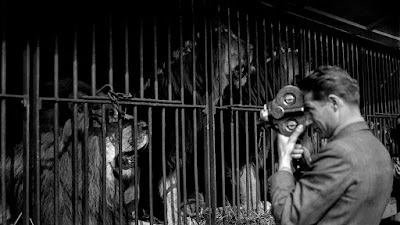Yahoo -AFP, Levi FERNANDES, February 13, 2023
Bobi, a 30-year-old guard dog who cheated death in his first days, is living out the end of his life as a celebrity in central Portugal after being declared the world's oldest dog ever.
When he was recognised by Guinness World Records as the world's oldest dog on February 1, he broke a nearly century-old record previously held by Bluey, an Australian cattle dog who died in 1939 at the age of 29 years and five months.
A purebreed Rafeiro, a Portuguese livestock guard dog whose normal life expectancy is between 12 and 14, Bobi was not supposed to live at all, never mind make it this long.
He was born on May 11, 1992, along with three other pups in a wood storage shed owned by the Costa family in the small village of Conqueiros in central Portugal.
Because the family owned so many animals, the father decided they couldn't keep the newborn puppies and the parents took them from the shed the next day, while the mother dog Gira was out, said Leonel Costa, who was eight years old at the time.
But they didn't realise they had left one puppy behind -- his colouring made him blend in with the surrounding wood.
Secret existence
Leonel and his sister were heartbroken that the puppies were being killed.
But then they noticed that Gira kept returning to the shed, had a look and discovered the surviving puppy.
They decided to keep his existence a secret until he could open his eyes.
"We knew they wouldn't do anything to him then
and that Bobi would remain with us. So we kept the secret," Leonel told
AFP.
Today Bobi is living out his twilight years oblivious that he is a world record holder, except for the media visits following the Guinness classification.
"We didn't expect this reaction," Leonel said.
Leonel attributes Bobi's longevity to the tranquility of country living and his human diet, which includes lots of meat and fish.
"He has always eaten what we eat," he said.
He has never been chained up or put on a leash and used to roam the woods around the village.
Today walking has become difficult, so he spends most of the time hanging out in the yard with cats or napping after meals.
Many of the Costa dogs have lived a long life. Bobi's mother Gira lived to 18 years and another dog lived to 22.
"We see situations like this as a normal result
of the life they have, but Bobi is one of a kind," Leonel told Guinness.



















